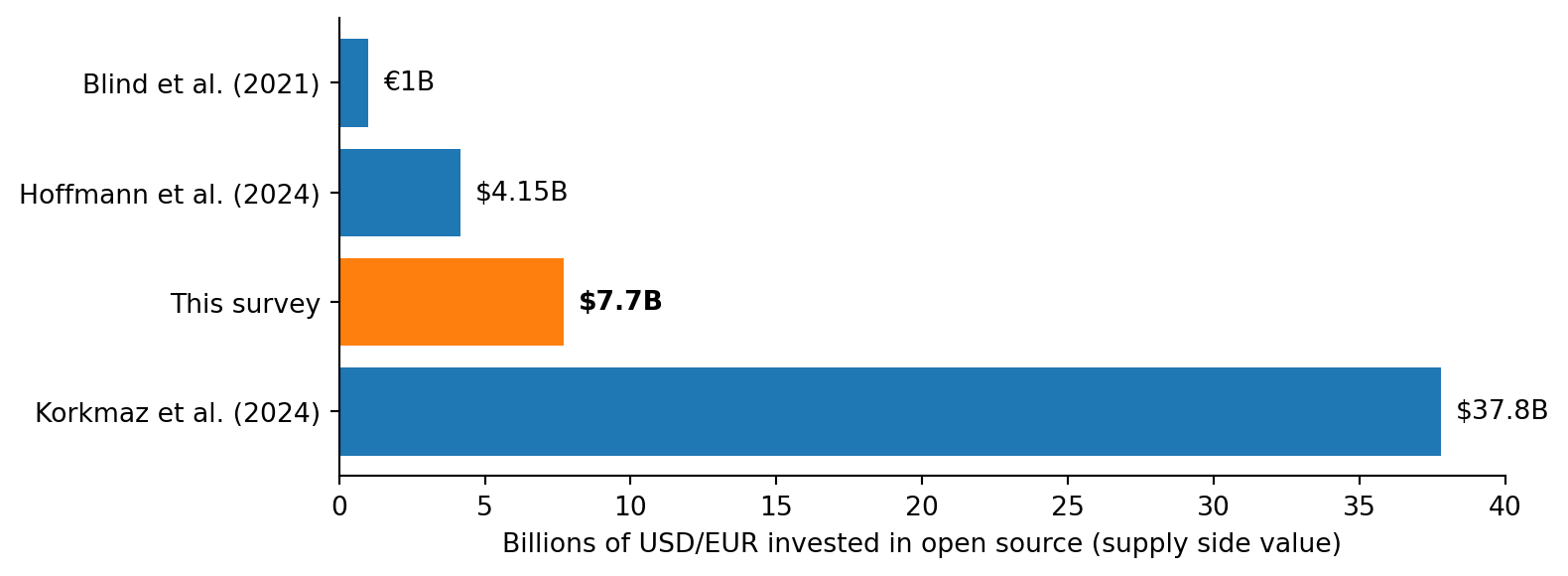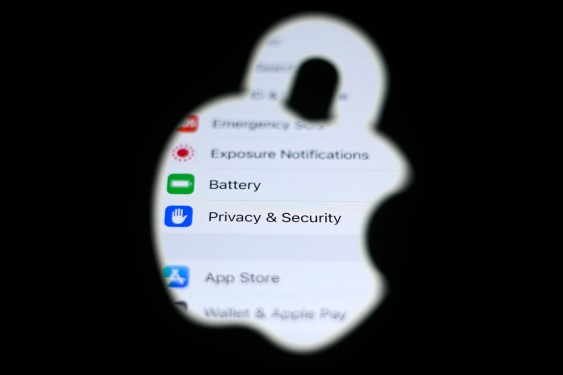The European Commission has warned Chinese e-tailer SHEIN to clean up its act, after finding several practices on its website breach local consumer law.
The Commission and Europe’s Consumer Protection Cooperation (CPC), a network of national consumer authorities, on Monday warned the e-tailer that an investigation found the following breaches of EU law on SHEN’s website:
- Fake discounts: pretending to offer better deals by showing price reductions that are not based on the actual ‘prior prices’.
- Pressure selling: putting consumers under pressure to complete purchases using tactics like false purchase deadlines.
- Missing, incorrect and misleading information: displaying incomplete and incorrect information about consumers’ legal rights to return goods and receive refunds and failing to process returns and refunds in accordance with consumers’ relevant rights.
- Deceptive product labels: using product labels that suggest that the product offers something special when in fact the relevant feature is required by law.
- Misleading sustainability claims: Providing false or deceptive information about the sustainability benefits of its products.
- Hidden contact details: Consumers cannot easily contact SHEIN for questions or complaints.
The regulator also asked SHEIN to provide info on how it complies with other legal obligations, including how it ensures that product rankings, reviews, and ratings are not presented in a misleading manner. Another item of concern is whether SHEIN properly informs shoppers about contracts with third-party sellers on the Chinese company’s platform.
The CPC gave SHEIN a month to respond to its findings and explain how it proposes to respond to the regulator’s findings. If the Chinese company fails to do so, it faces fines and punishment by regulators in different EU member nations.
The EU’s concerns are another worry for SHEIN, which is already impacted by the USA’s decision to impose significant tariffs on imports from China and to end the de minimis rule that saw packages valued at under $800 exempted from import duties. SHEIN specializes in cheap and cheerful items, usually sold for much less than $800.
[…]
Source: Europe warns giant e-tailer to stop cheating consumers • The Register




